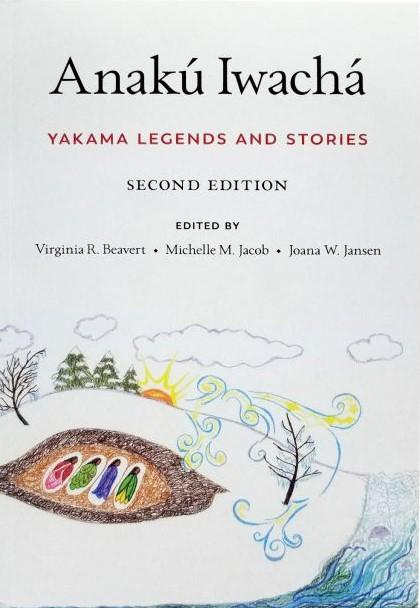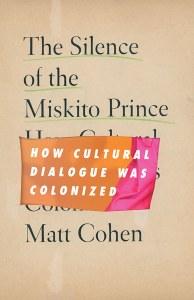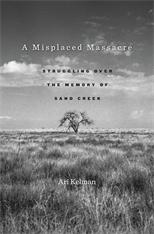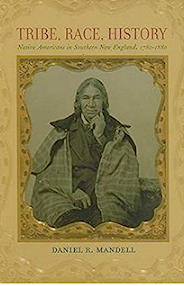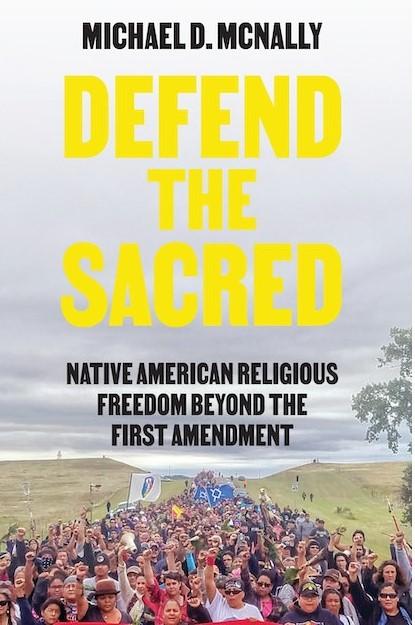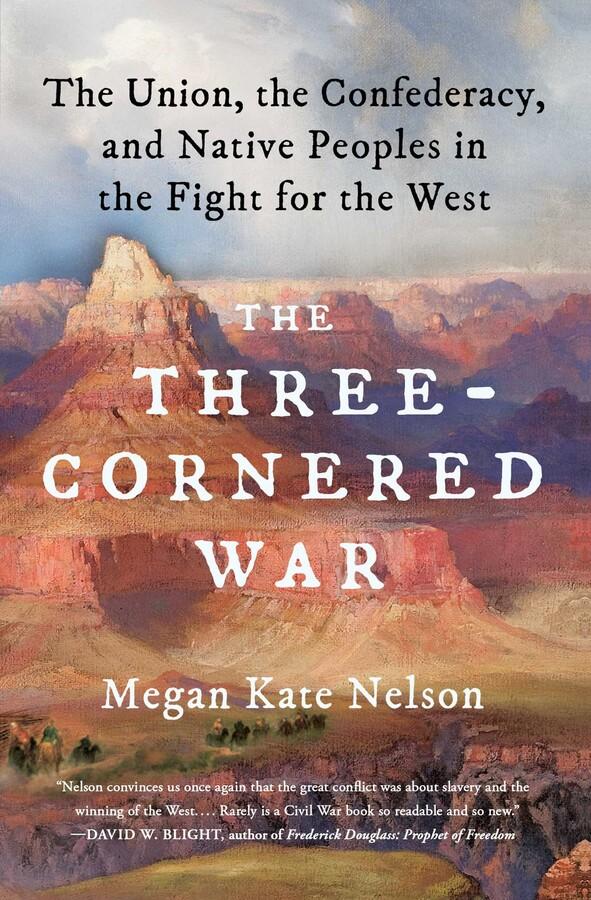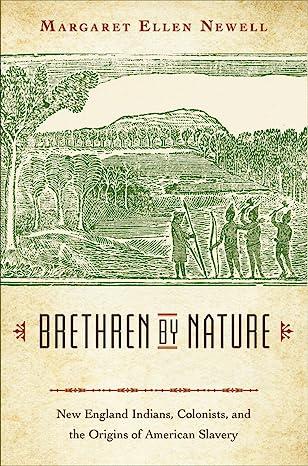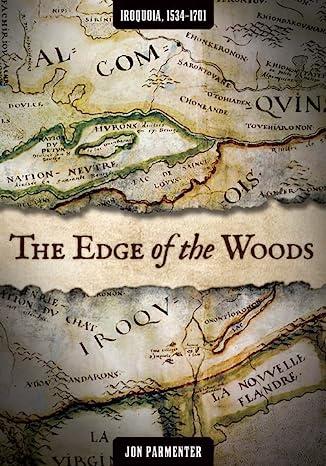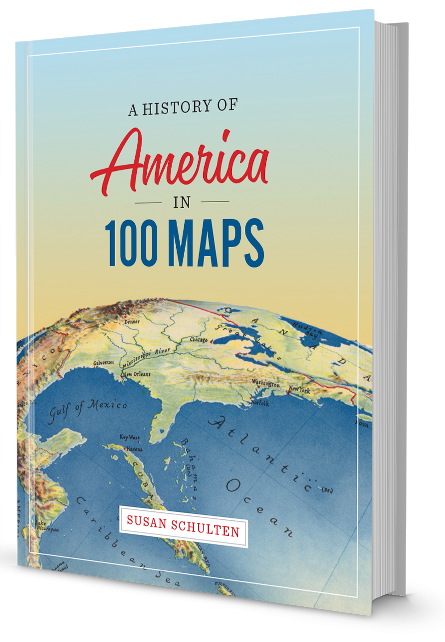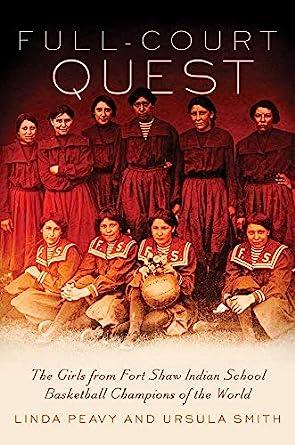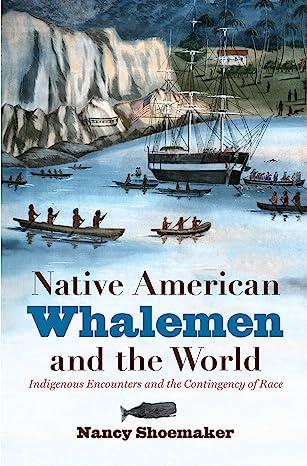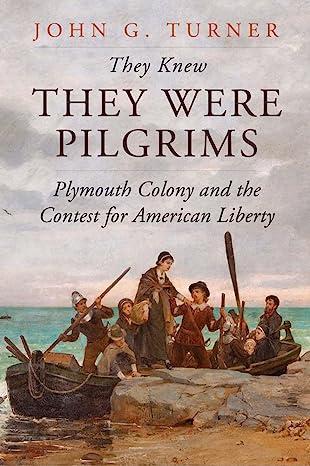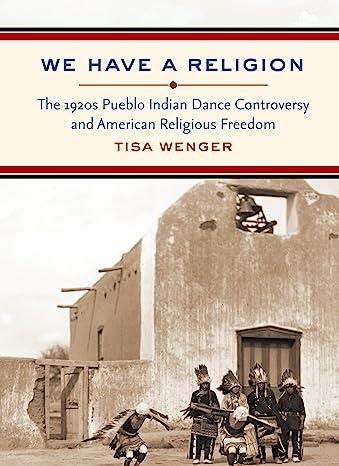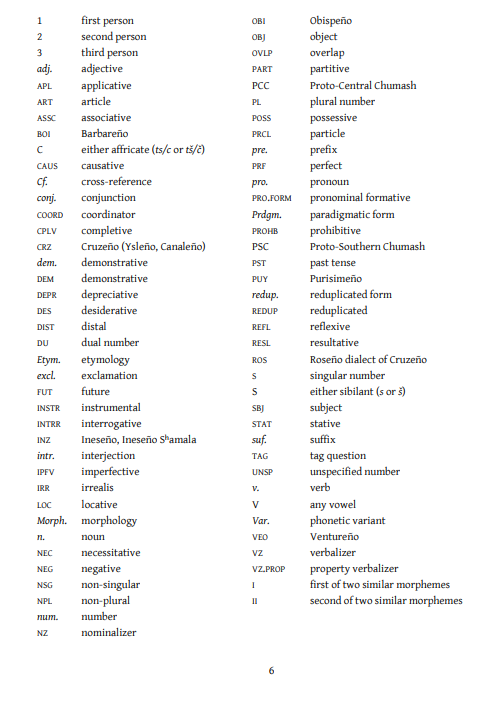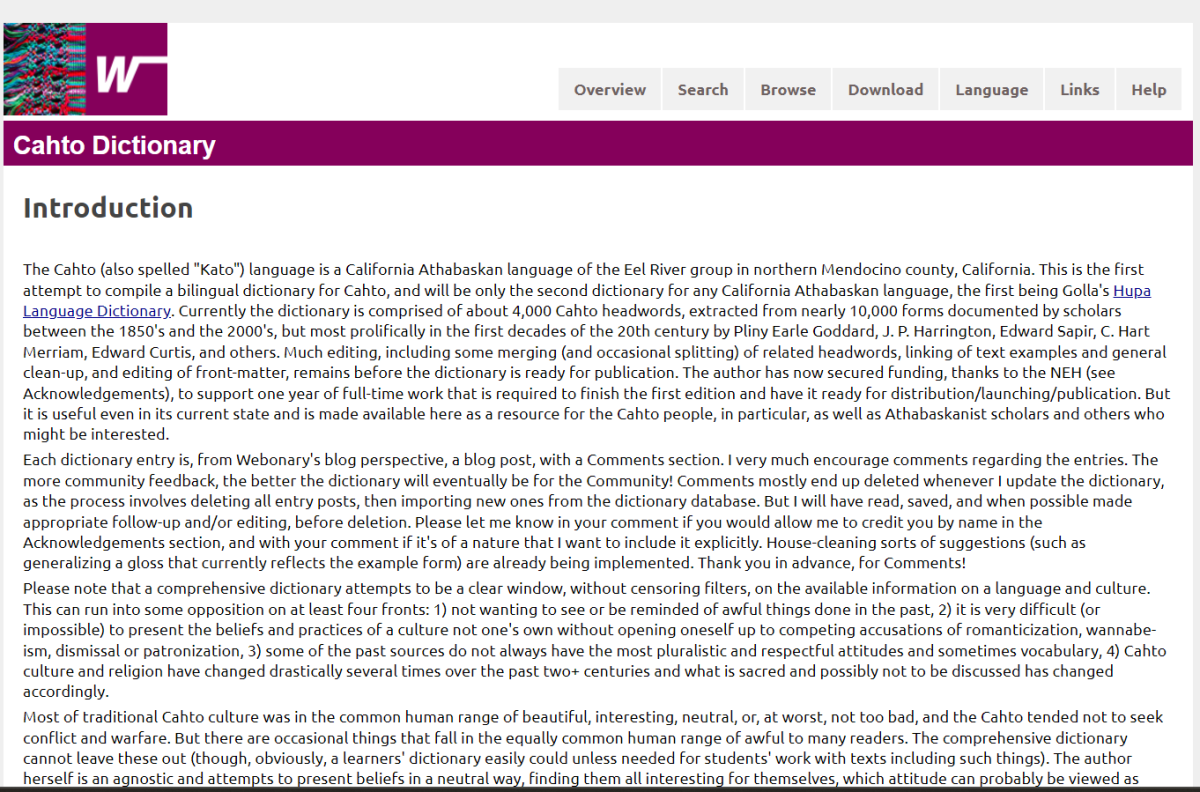Humanities Researchers Celebrate National Native American Heritage Month
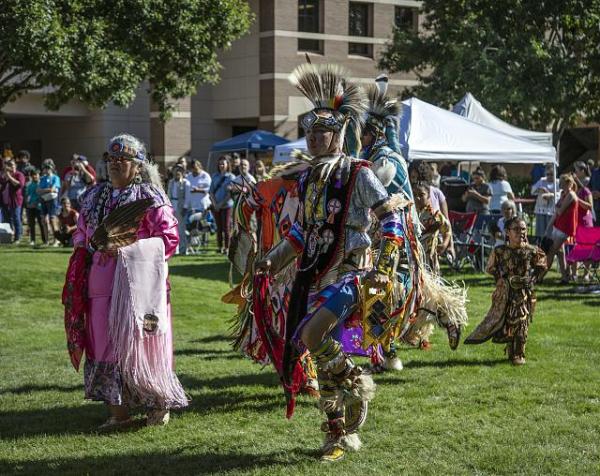
Library of Congress, Prints and Photographs Division Washington, DC USA, LC-DIG-highsm-54021, https://www.loc.gov/pictures/item/2018702237/

Library of Congress, Prints and Photographs Division Washington, DC USA, LC-DIG-highsm-54021, https://www.loc.gov/pictures/item/2018702237/
Each November, the National Endowment for the Humanities joins the rest of the United States in celebrating National Native American Heritage Month. Celebrating the rich cultural heritage of Native Americans across the country not only strengthens historical practices and research, but also serves to strengthen our democracy. This year, we invite you to celebrate National American Indian Heritage month by diving into some selections of books, online repositories and dictionaries, and forthcoming research funded by the Division of Research Programs at NEH.
Books:
Beavert, Virginia B. and Michelle M. Jacob, Joana W. Jansen. Anakú Iwachá: Yakama Legends and Stories, Second Edition (University of Washington Press, 2021).
This book, supported by a Scholarly Editions and Translations award, builds on a previous collection of stories passed down through Elders in the Yakama Tribe living in the Upper Northwest. The new book includes a preface and essays on the history of the project itself, as well as additional legends and artwork. The project aims to preserve these essential histories and traditions for future Yakama to learn, as well as broader interested audiences. Learn more about Beavert, Jacob, and Jansen’s work here.
Cohen, Matt. The Silence of the Miskito Prince: How Cultural Dialogue was Colonized (University of Minnesota Press, 2022).
A 2017 Fellowship recipient, Matt Cohen discusses five concepts that are used in cross-cultural discussions to invite new ways of thinking and connecting across disciplines. These new ways of thinking allow for the advancement and invitation of Native American studies alongside early American studies. He looks at these five concepts (understanding, cosmopolitanism, piety, reciprocity, and patience) within the context of 200 years of early American and Native American interactions. But perhaps the most important purpose of this book is to create a new future. In his words, “to turn to the past is not to escape the present but rather to shape the future; it is not merely the content of the story, as this book suggests, but rather the most basic rationalizations for its telling or assumptions about its values that inscribe difference even in the act of attempting to break down difference.” His book also received an additional grant from the Fellowships Open Book Program to support its open access here. Learn more about Cohen’s work here.
Kelman, Ari. A Misplaced Massacre: Struggling Over the Memory of Sand Creek (Harvard University Press, 2012).
Ari Kelman, a Fellowship recipient, argues in his book that through the National Park Service’s Sand Creek Massacre National Historic Site, it is possible to create new understandings about how the Civil War and Indian Wars overlapped. It is essential, he writes, to understand these two wars as connected. He places Sandy Creek in conversation with other national sites of memorialization, such as Lexington & Concord and Pearl Harbor. Kelman conducted over one hundred interviews for his project, generating 3,500 pages of transcriptions that he uses to weave an engaging history that places the massacre in its historic and contemporary context while encouraging the reader to think critically about sites of memorialization and how the Civil War was understood in the West. Learn more about Kelman’s work here.
Mandell, Daniel R. Tribe, Race, History: Native Americans in Southern New England, 1780-1880 (Johns Hopkins Press, 2008).
Daniel R. Mandell explores how Native Americans in southern New England existed in a unique position, between economic, political, and legal systems of belonging and control in his Fellowship-funded book. Intermarriage with African Americans in these states created a complicated intersection of racism, colonization, and land rights. Mandell examines New England between, in his words, “the Revolution and Reconstruction,” and creates new understandings of the role of race and geographic location in the experience of Native Americans in the United States. Learn more about Mandell’s work here.
McNally, Michael D. Defend the Sacred: Native American Religious Freedom Beyond the First Amendment (Princeton University Press, 2020).
Summer Stipends recipient Michael D. McNally explores the role of the First Amendment in legal arguments in the American court system and how it can be used to protect Native American religious practices. Weaving together Native American and legal history to clearly underscore how public perceptions of what religion is and what religious freedom means in the twenty-first century, McNally challenges the reader’s perceptions of Native American cultural and religious practices. His use of court cases historical and contemporary, especially those that tackle issues of environmental protection and the exhibition of sacred artifacts in museums, reflects the relevance of such debates to Native American rights today. Learn more about McNally’s work here.
Nelson, Megan Kate. The Three-Cornered War: The Union, The Confederacy, and Native Peoples in the Fight for the West (Scribner, 2021).
Megan Kate Nelson makes an essential intervention into the debate over the Civil War and its legacies for Native Americans in the West in her Public Scholars-funded book. She argues that the New Mexico territory should be seen as a critical third area of contest in the Civil War, where laws about enslavement of African Americans and Native Americans created conflict over what the West should look like. It was in this third theater of the war that Native Americans, the Union, and the Confederacy fought for control of natural resources and land. Many Native Americans fought for the simple act of survival. Nelson tells this history starting in 1861 through the eyes of nine key figures, placing the reader at the center of the debates and conflicts that shaped the United States after the conclusion of the conflicts. Her book was also a finalist for the 2021 Pulitzer Prize in History. Learn more about Nelson’s work here.
Newell, Margaret Ellen. Brethren by Nature: New England Indians, Colonists, and the Origins of American Slavery (Cornell University Press, 2015).
During the eighteenth century, uneven laws in different states across New England meant that Native Americans occupied a tenuous position between enslavement and freedom. Legal records tell the history of cases that impacted the colonial economy, new legislation, religious conversion, and daily life in ways that had far-reaching consequences for those who lived there. NEH Fellowship recipient Margaret Ellen Newell challenges the predominant historical narrative crafted after WWI by placing the enslavement of Native Americans at the center of her study, creating new understandings of enslavement, race, and colonial life in an accessible way. Learn more about Newell’s work here.
Parmenter, Jon. The Edge of the Woods: Iroquoia, 1534-1701 (Michigan State University Press, 2010).
Fellowship awardee Jon Parmenter challenges the accepted historical narrative about Iroquois identity and culture during the early period of colonization. In his words, “rather than eroding, Iroquois identities adapted, even strengthened, as the size and shape of Iroquois homelands changed drastically during the 17th century.” Parmenter makes his argument through archival documents, archaeological data, and tribal knowledge passed down orally through generations of the Iroquois nation. He weaves seamlessly together ideas about space, identity, and belonging in a nonlinear fashion, emulating how the Iroquois experienced this tumultuous period. Learn more about Parmenter’s work here.
Schulten, Susan. A History of America in 100 Maps (University of Chicago Press, 2018).
Public Scholar Susan Schulten structured her book of American history from Columbus to the present around one hundred maps. Each map represents an entry point into a larger discussion of a moment in history, ranging from Native American maps of the fur trade to maps of cities that show discriminatory housing practices. Her selections allow for the reader to understand the lived experiences of a variety of groups, and the inclusion of Native American maps is especially engaging, placing their worldview into a wider context and allowing the reader a deeper understanding of how different tribes and groups viewed trade, geography, and belonging. Learn more about Schulten’s work here.
Smith, Ursula and Linda S. Peavy. The Girls from Fort Shaw Indian School. Basketball Champions of the World (University of Oklahoma Press, 2008).
Fort Shaw, located in Montana, was established during the nineteenth century to serve as a military base. Later, it was converted to Fort Shaw Indian School, a boarding school intended to re-educate and assimilate Native American youth away from their Native culture. Perhaps the most famous part of its history, however, is their girls’ basketball team. They became well-known athletes, even playing at the 1904 World’s Fair in St. Louis. Taking a biographical approach to the incredible history of the team, Ursula Smith and Linda S. Peavy reconstruct their history in her Fellowship-funded book, that confronts the abuses of Native American boarding schools while celebrating the histories of success and resilience that occurred simultaneously. Learn more about Smith’s work here.
Shoemaker, Nancy. Native American Whalemen and the World: Indigenous Encounters and the Contingency of Race (University of North Carolina Press, 2015).
Through the writings of over 600 Native American whalemen, collected across thousands of voyages, Nancy Shoemaker reconstructs the whaling industry in New England and the Native American laborers who participated in it. Shoemaker explores how these men and women participated actively in the colonization that they experienced in their everyday lives onshore. This engaging, accessible, and Fellowship-funded history is a must read for those interested in Native American history in New England, especially after the King Philip’s War. Learn more about Shoemaker’s work here.
Turner, John G. They Knew They were Pilgrims: Plymouth Colony and the Contest for American Liberty (Yale University Press, 2020).
A critical examination and re-evaluation of the 1620 landing of the Mayflower in Massachusetts, John G. Turner seizes the 400th anniversary of this critical moment in American history to reimagine it as one of struggle over the definition of liberty. Studying sources from across the world, Turner weaves together the stories of the colonists, Native Americans, and African Americans in Plymouth to understand how religion and freedom contradicted each other. He also ties the discussion of these contradictions to contemporary American society and how the key concepts he explores inform our own democracy today, centuries later. Learn more about Turner’s work here.
Wenger, Tisa Joy. We Have a Religion: the 1920s Pueblo Indian Dance Controversy and American Religious Freedom (University of North Carolina Press, 2009).
Summer Stipends recipient Tisa Joy Wenger researched the history of resistance and controversy over religious freedom through the lens of debate over Pueblo Indian dances and their suppression in the 1920s. The book explores concepts of religious freedom in federal Native American policy and everyday practice in Native American cultural life. Understanding the definition of religion under constitutional and Enlightenment thought creates new avenues, according to Wenger, to understand how religion existed in both historical and contemporary contexts for the Pueblo people and how their religious practices changed over time. Learn more about Wenger’s work here.
Online Repositories/Dictionaries:
Henry-Rodriguez, Timothy P. “A Grammar of Purisimeño,” Kaipuleohone: University of Hawai’i Digital Language Archive.
One of several Chumashan languages in Southern California, Purisimeño has been facing a crisis of language loss for decades. Working from a collection of notes taken in 1986 from several Purisimeño speakers, Timothy P. Henry-Rodriguez documented and analyzed the grammatical and phonetic structure of the language with the support of a Dynamic Language Infrastructure-Documenting Endangered Languages Senior Research award. Learn more about Henry-Rodriguez’s work here.
Anderson, Sally R. Cahto Dictionary, Webonary
This online dictionary of the Cahto (Kato) language of the California Athabaskan Eel River group. The goal of the dictionary is to provide a long-lasting record of the group’s language and culture, confronting the issues of studying a violent and difficult history, and was supported by a Dynamic Language Infrastructure-Documenting Endangered Languages Senior Research award. The dictionary yields a fascinating insight into not only the Cahto language, but also the objects to which they assigned specific words; many of the words name natural resources, constellations, and locations central to their culture. Learn more about Anderson’s work here.
[Insert image after July 15, when website homepage is updated; permission received to upload after July 15]
Taff, Alice. Tlingit Conversation Documentation Project, University of Alaska Southeast
This digital repository of Tlingit Conversation Videos, funded by a Dynamic Language Infrastructure-Documenting Endangered Languages Senior Research award, aims to expand knowledge of Tlingit language and culture using everyday, spontaneous conversation. The preservation of these conversations aims to combat the loss of the language and encourages those involved to learn essential transcription and translation skills while learning the language in an accessible way for beginners and those interested outside of a strictly academic context. Learn more about Taff’s work here.
Forthcoming:
Berlo, Janet Catherine. Not Native American Art: Fakes, Replicas, and Invented Traditions (University of Washington Press, 2023).
In her forthcoming Fellowship-supported book, Janet Catherine Berlo looks at a variety of studies of authenticity in art invoking Native American tradition and practices, both past and present. Through this lens, Berlo engages readers with the context in which replicas and fake art are made and connects them with the historical issues that continue to oppress Native American art. Learn more about Berlo’s work here.
RQ-292615-23, Scholarly Editions and Translations, “Eastern Cherokee Histories in Translation (ECHT)
This Scholarly Editions and Translations award will provide funding for this project, led by Sara Snyder Hopkins and Western Carolina University. The print book it aims to produce will translate and examine Cherokee documents that reveal Cherokee experiences of important events of the mid-nineteenth through twentieth centuries, such as the Civil War, the Indian Removal Act, and the issue of federal recognition. This work seeks to not only generate new perspectives that challenge colonial narratives, but also to underscore the diversity of communities within the Cherokee Nation. Learn more about their work here.
RZ-292794-23, Collaborative Research, Writing the First Indigenous History of Northeast Florida, 13,000 years ago to the Present
This project is funded under a Collaborative Research award and is led by Denise I. Bossy and the University of North Florida. The print book is tentatively scheduled to be released in 2026. It will be the first comprehensive Indigenous history of Northeast Florida by focusing on the Mocama, Yamasee, and Guale people. The book aims to combat traditional narratives of colonization and tell a more complete history of the region. Learn more about their work here.
